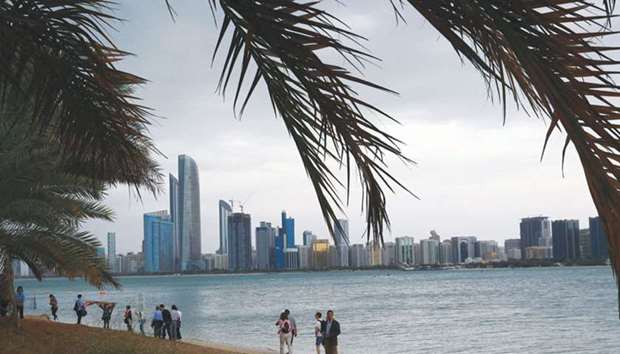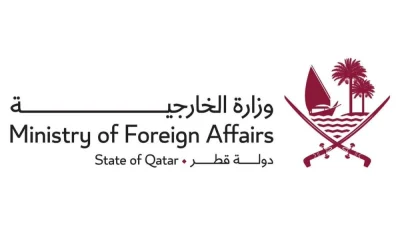A landmark law that will allow foreign investors to own 100% of companies in the UAE will be limited to specific industries deemed essential to the second-biggest Arab economy, a government official said.
Authorities are still weighing what industries are to be included in the law, and the decision will be based on factors such as the ability to create jobs and transfer technology, according to Abdulla al-Saleh, undersecretary for foreign trade & industry at the Economy Ministry.
Presently, foreigners can fully own a company if it’s located in a free zone. The changes, which also include offering some foreigners long-term residency permits, will take effect by the end of this year, the government said last Sunday.
The announcement is an attempt by the UAE to bolster a slowing economy and to emulate Dubai’s success in finding sources of revenue beyond oil. Stocks in Abu Dhabi and Dubai, the UAE’s richest emirates, gained the day after the announcement, helped by bets the changes would end a model that forced foreign investors to seek local partners to set up businesses outside free zones. Al-Saleh’s comments, however, suggest the law may be more limited than some investors and analysts had initially thought.
The law aims to “give investment in the UAE a strong push,” al-Saleh said in a phone interview on Wednesday. “Its goal is to attract quality investments and expertise and isn’t necessarily about the size or number of investments.”
Al Saleh also said:
n A committee will be formed to decide on the industries to be fully opened to foreigners.
n The committee will be headed by the economy minister. It will include representatives from the UAE’s seven emirates and refer its recommendations to the cabinet.
n The group will also recommend industries and companies that could be added to the list.
The UAE and other Gulf Arab countries have long resisted giving foreigners, who make up the majority of the population in the region, too much clout in the economy, forcing companies to find local partners who must hold a 51% stake. Expatriate workers are expected to leave once their employment ends and many send earnings abroad.
In 2017 alone, foreigners living in the UAE remitted 164bn dirhams ($45bn), according to the state-run WAM news agency.
Sunday’s announcement by Sheikh Mohammed bin Rashid al-Maktoum, the UAE’s Prime Minister and the ruler of Dubai, also said that specialists in medical, scientific, research and technical fields, as well as top students, will be offered residencies of up to 10 years.
Other countries in the six-nation Gulf Cooperation Council are also making changes. Saudi Arabia is allowing foreigners to own up to 100% of businesses in certain industries. Qatar is moving to allow full ownership of companies in all sectors, and has announced plans to give some foreigners the right to remain indefinitely.
“It all depends on how the law is defined,” Abu Dhabi Commercial Bank’s chief economist Monica Malik said. “If it’s targeted to support certain industries that are central to the government’s development plan such as technology, that would be really policy support for those sectors rather than a widespread change in the ease of doing business.”

Tourists gather at Abu Dhabi sea front. (file). The law that will allow foreign investors to own 100% of companies in the UAE will be limited to specific industries, a government official said.


